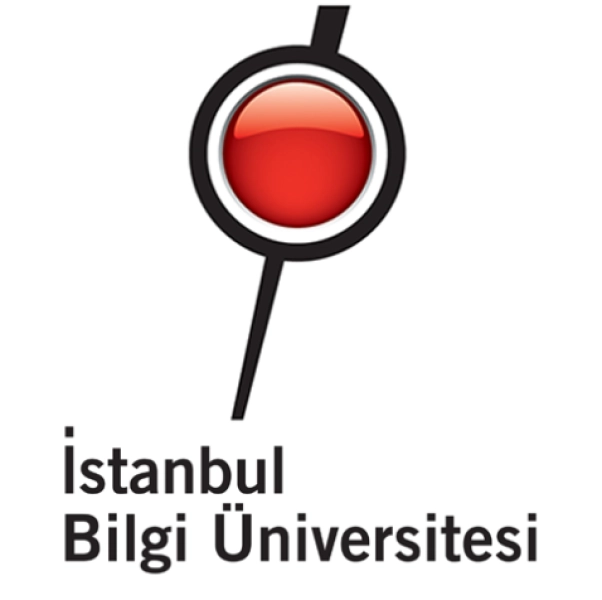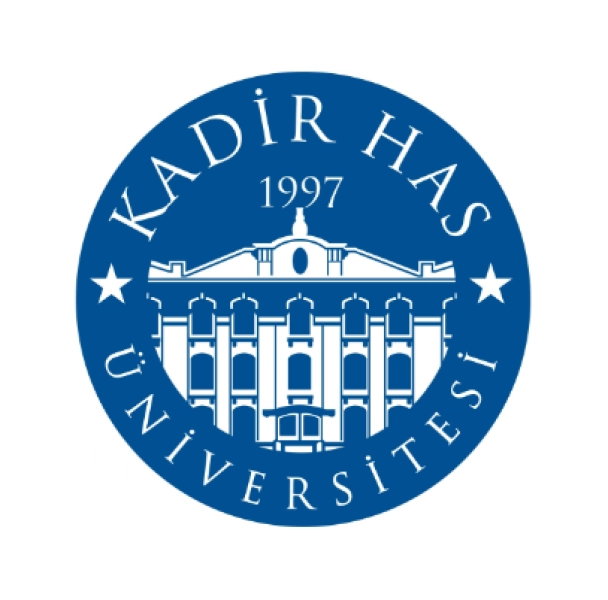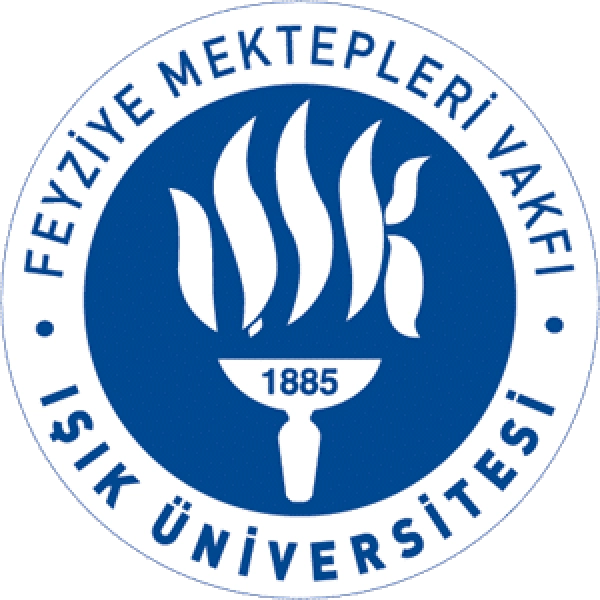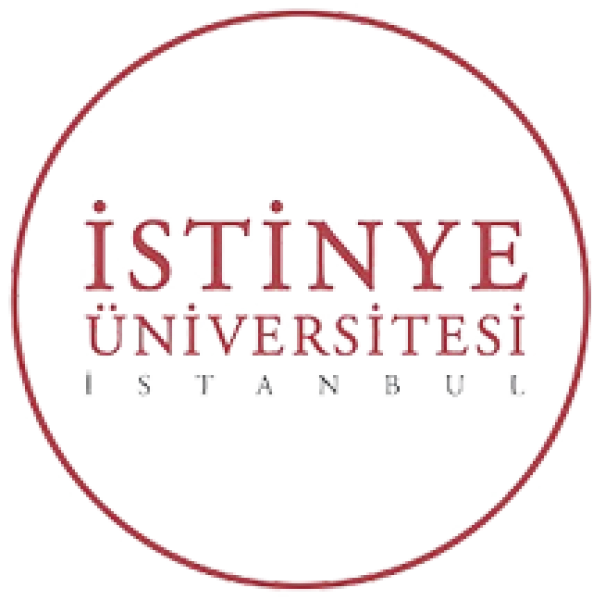Industrial Engineering
Faculty: Faculty of Graduate Studies for Science and Engineering
Industrial Engineering focuses on the optimization of processes, systems, and organizations. Students develop skills in operations research, systems engineering, quality control, and supply chain management, preparing for careers in manufacturing, logistics, healthcare, and consulting.
Learning Objectives
- Understand the fundamentals of industrial engineering.
- Develop skills in operations research, systems engineering, and quality control.
- Learn techniques for designing and optimizing processes and systems.
- Explore principles of supply chain management, logistics, and project management.
- Analyze and interpret industrial engineering data.
- Develop critical thinking, problem-solving, and decision-making skills.
Major Outline
- Introduction to Industrial Engineering - Overview of key concepts and practices in industrial engineering.
- Operations Research - Principles of operations research and techniques for solving complex problems.
- Systems Engineering - Principles of systems engineering and techniques for managing complex systems.
- Quality Control - Principles of quality control and techniques for ensuring product quality.
- Supply Chain Management - Principles of supply chain management and techniques for optimizing supply chains.
- Logistics and Transportation - Principles of logistics and techniques for optimizing transportation systems.
- Project Management - Principles of project management and techniques for executing complex projects.
- Human Factors and Ergonomics - Principles of ergonomics and techniques for improving workplace efficiency and safety.
- Industrial Engineering Practicum - Real-world experiences through internships and projects in manufacturing, logistics, or consulting firms.
- Industrial Engineering Capstone Project - A comprehensive project applying skills in operations research, systems engineering, or supply chain management.
Assessment Methods
Operations research analyses, systems engineering projects, quality control studies, supply chain management plans, logistics projects, project management plans, ergonomics reports, practicum reports, capstone projects, group projects, and presentations.
Recommended Textbooks
- \"Introduction to Industrial Engineering\" by various authors.
- \"Operations Research\" by Wayne L. Winston.
- \"Systems Engineering\" by Benjamin S. Blanchard & Wolter J. Fabrycky.
- \"Quality Control\" by Douglas C. Montgomery.
- \"Supply Chain Management\" by Sunil Chopra & Peter Meindl.
- \"Logistics and Transportation\" by various authors.
- \"Project Management\" by various authors.
- \"Human Factors and Ergonomics\" by various authors.
Prerequisites
Basic knowledge of mathematics, statistics, and engineering principles. Suitable for students interested in process optimization and systems engineering.
Major Duration
Typically 4 years for a Bachelor's degree, including coursework, projects, practicum, and internships.
Certification
Graduates may earn a degree in Industrial Engineering and pursue further education or professional certifications, such as those from the Institute of Industrial and Systems Engineers (IISE).
Target Audience
Aspiring industrial engineers, operations managers, quality control specialists, supply chain managers, logistics professionals, and individuals seeking careers in manufacturing, logistics, healthcare, consulting, and related fields.
This major equips students with the engineering, analytical, and problem-solving skills necessary to excel in industrial engineering and support careers across various industries.






































